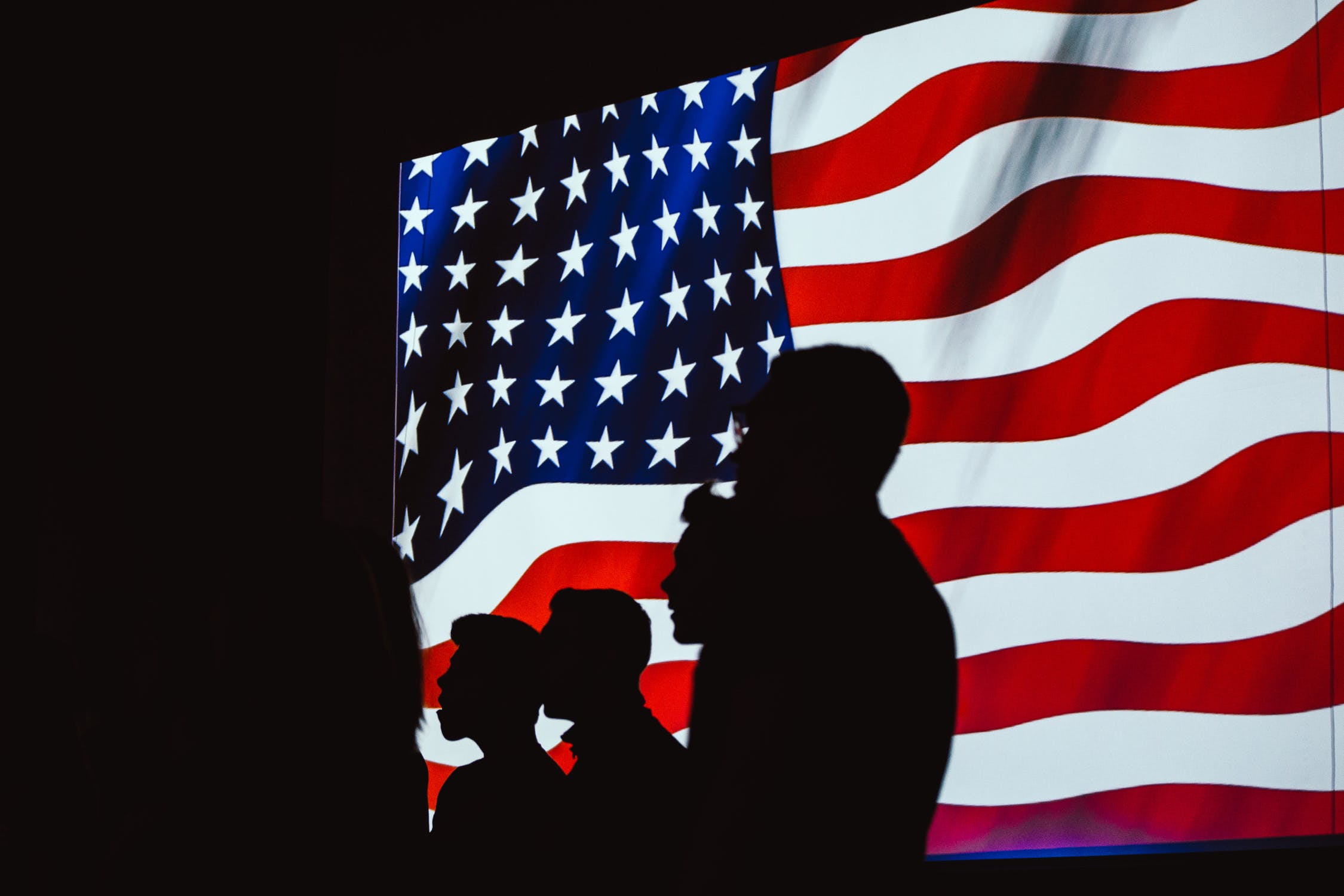Mass shootings at schools and most recently, the one in June that left five people dead at a Maryland newsroom, has more people advocating for stricter gun laws.
With the midterm elections looming on Nov. 6, high-risk merchant account providers and financial lenders need to pay attention. To flip control of the U.S. House, Democrats need to flip 24 GOP-held seats. Democrats only need to flip two seats in the U.S. Senate to gain control. If this happens, Democrats may repeat history by applying greater pressure on banks and lenders to help them choke out high-risk businesses, such as ones that sell firearms, adult entertainment, and nutraceuticals.
Revisiting Operation Choke Point
In 2013, the Obama administration launched Operation Choke Point, which was a Department of Justice initiative that gave the government broad power to track down merchants that were engaged in fraudulent activities through banks and financial institutions. In a nutshell, this initiative was able to shut down “risky” businesses because banks denied them merchant account and credit card processing services.
The Trump administration has since stopped this practice.
Are the Tides Changing?
Though banks and lenders are no longer dealing with this initiative, the political landscape may be changing. Mass shootings has led to many Democrats discussing and floating ideas that sound very similar to Operation Choke Point.
In March, Citigroup announced that it would stop doing business with firearms dealers unless they adopted stricter control measures, such as prohibiting the sale of guns to those under 21. Following this announcement, Senators Dianne Feinstein, of California, and Brian Schatz, of Hawaii, sent letters to a dozen other banks to take similar measures. In May, Bank of America announced it would stop lending money to manufacturers of military-inspired firearms, such as AR-15-style rifles, that civilians can use. Then, BlackRock, the world’s largest asset manager, announced it would start offering a new line of investment funds that did not include firearm producers or retailers that sell guns.
What This Means for High-Risk Businesses
With this type of climate, there is a strong possibility that Democrats could sweep both the House and Senate. If this occurs, there is a good chance that high-risk merchants will feel the burn. The government could try to impose stricter regulations or take a similar approach to the one Obama’s administration took a few years ago. If businesses can’t get approved for merchant accounts, they will not be able to safely accept and process credit card payments. This essentially shuts down businesses, especially those that rely heavily on online and mobile payments.
In Conclusion
To stay in business, third-party lenders, merchant account providers, and merchants will need to push back on regulations. Lenders and providers will need to ensure they can continue to serve legitimate high-risk businesses.
Fortunately, there are many options available online that help businesses classified as “high risk” to gain merchant funding and payment processing solutions. For instance, eMerchantBroker.com (EMB) offers a quick, streamlined online application process for obtaining a high-risk merchant account. It specializes in working with high-risk businesses, such as those that sell firearms, phone cards, nutraceuticals, credit repair services. Also, EMB works with businesses that have no credit or poor credit and those that have had merchant account terminated in the past.


